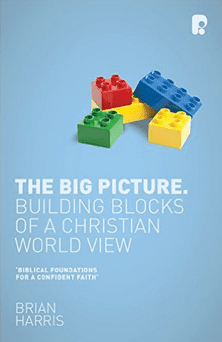Many of us, and I would include myself in this number, were taught that Calvinism’s theology is TULIP theology. That is, Total depravity, Unconditional election, Limited atonement, Irresistible grace, and Perseverance of the saints. Ken Stewart’s new book, Ten Myths About Calvinism: Recovering the Breadth of the Reformed Tradition , shows why this way of framing Calvinism is neither the most accurate way and is, in fact, a late comer in how to frame Calvinism. In fact, he goes further: he suggests that this way of framing Calvinism belongs to the margins of Calvinism.
 Here’s how his approach works:
Here’s how his approach works:
First, Loraine Boettner, in 1932, used TULIP but evidently his use was putting into a print a common acronym. His book began the common approach to Calvinism as TULIP theology. The earliest known usage, from 1913, reveals that at that time this was not at all the standard way of framing Calvinism. But from 1932 on this became one standard way of framing Calvinism’s theology. TULIP then is a 20th Century development.
Questions: I’d like to hear how Calvinists “frame” Calvinism? How do you summarize it for someone who asks “What is Calvinism?” And another one: If it could be demonstrated from Scripture that a believer could “lose” (forfeit, walk away from) salvation, would Calvinism be disproven? [Are central ideas so interwoven that this would unwind the whole?]
Second, he sees two kinds of Calvinism in the resurgence groups, a “sovereign grace” approach that champions God’s purposing an omnipotent electing grace — and TULIP is sacrosanct (Steele-Thomas, Seaton, Custance), and an “apologetic” approach that focuses on sharper understandings of TULIP ideas (Palmer, DeWitt, Sproul, Nicole, Mouw, George).
Third, these two groups are both wedded somehow to the appropriateness of TULIP as the way to frame Calvinism. Stewart says this is “unwarranted” — and that the Canons of Dordt are better framed than with TULIP.
Fourth, loyalty to TULIP is based on misunderstanding; fixation on TULIP enshrines emphases that are “off”; use of TULIP fragments [divides] when we should aim at inclusion
Finally, Calvinism needs to engage the Canons of Dordt to frame its theology most accurately.










